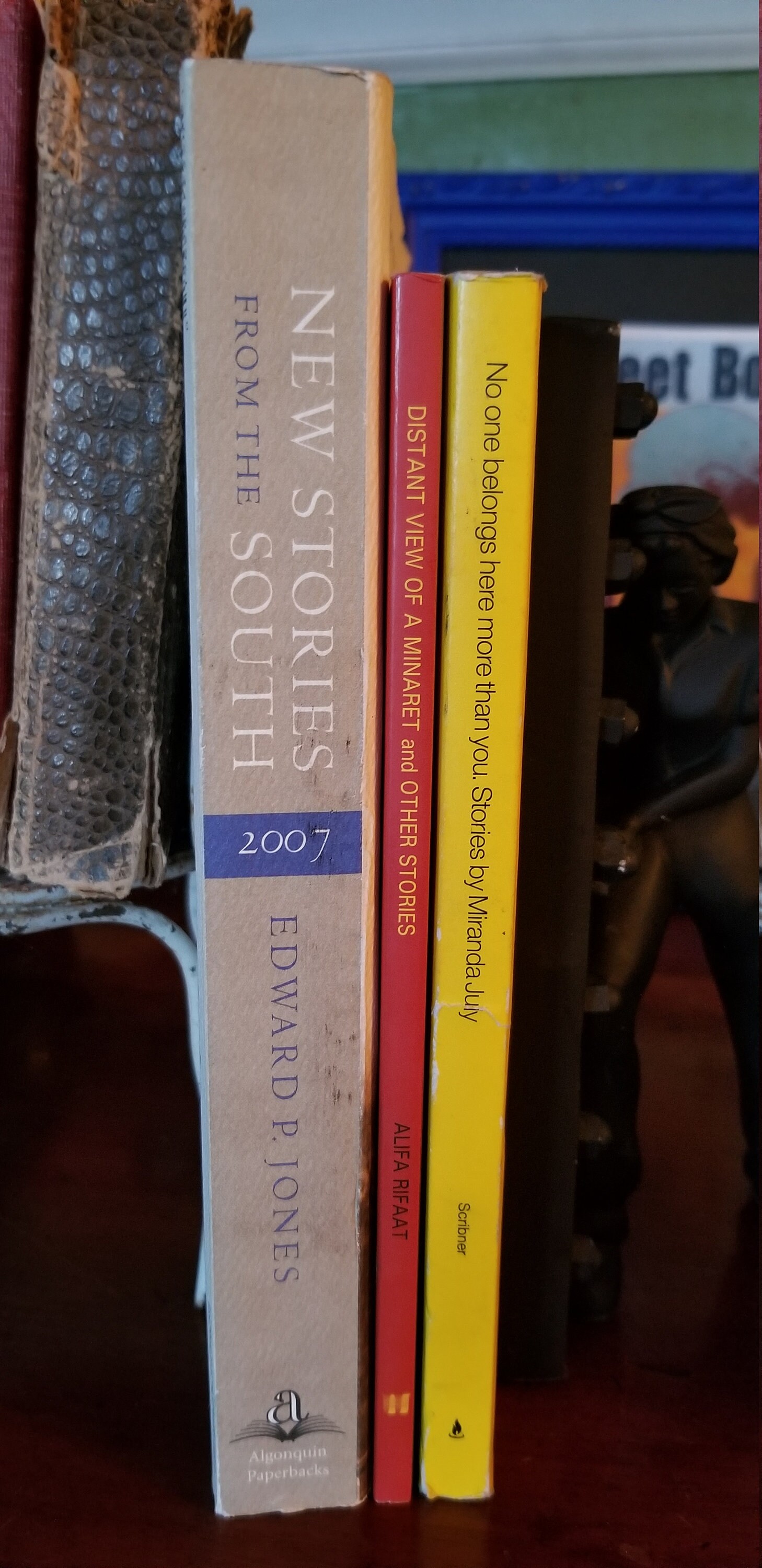

Alifa’s attempt to continue writing under a pseudonym failed-Rifaat’s given name is Fatima-her husband finally forcing her to swear on the Quaran that she would stop writing. As a young married woman, Alifa met with expulsion from her home and threat of divorce when she related to her husband that she had published a story. Early in her life, Alifa was strongly reprimanded by her older sister for writing, forcing Alifa to turn her energies to other pursuits. “Rifaat has not achieved her writing easily. The sui generis nature of Rifaat’s writing stems from the limitations that were placed on her as a creative writer.

Since Islam and empowerment are often misguidedly placed in contradiction to one another, it’s easy to see why Rifaat is not a household name. Her stories are situated within an Islamic framework that allows her to create a feminism of her own. She has been compared to Egyptian feminist writer Nawal El Saadawi, but Rifaat’s style is unique and revolutionary.

Not surprisinglybecause–unlike most Middle Eastern and/or Muslim feminists, Rifaat reclaims the female body by deconstructing the patriarchal lens through which the teachings of Islam are usually studied. Surprisingly because– it’d be safe to state that Rifaat pioneered postcolonial feminist writing tradition that throws Islamic and colonial norms into question long before the concept of Islamic feminism was coined. Surprisingly (perhaps not?), Rifaat is not widely read in the Global North and even across the Middle East. Distant View of a Minaret and Other Stories houses fifteen stories that explore female sexuality, Muslim womanhood, and gender roles.


 0 kommentar(er)
0 kommentar(er)
